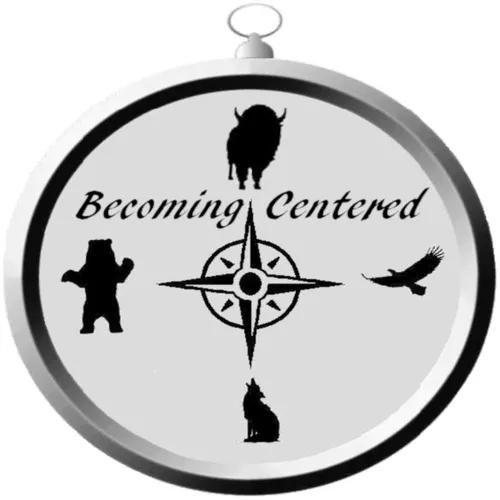
Becoming Centered
This podcast is a field guide for professionals seeking perspectives and techniques for helping others find their balanced path. It’s also for people who want to learn the self-counseling pathways, navigation tools, and practices to live a centered life. Organized into several series, this podcast focuses on: (1) understanding the territory of personal psychology, (2) tools and techniques for counseling others in how to develop a centered and balanced life, and (3) tools and techniques for navigating your own emotional, cognitive, behavioral, and self-regulation challenges.
- Update frequency
- every 8 days
- Average duration
- 29 minutes
- Episodes
- 57
- Years Active
- 2023 - 2025

57. Supervision13 - Meeting Fundamentals
I’m very excited about Episode 57 of the Becoming Centered podcast! It provides guidance in an area that most human service agencies simply can’t fit into their training programs; how to design and …
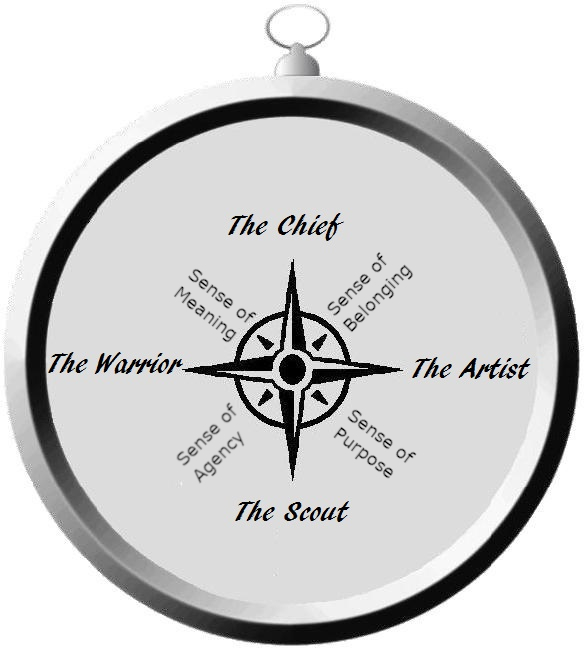
56. Supervision12 - Resilience pt.2
Episode 56 of the Becoming Centered podcast is part two of a two-part arc focusing on the concept of resilience.
Resilience is the ability to stay centered even in the face of various stressors and …
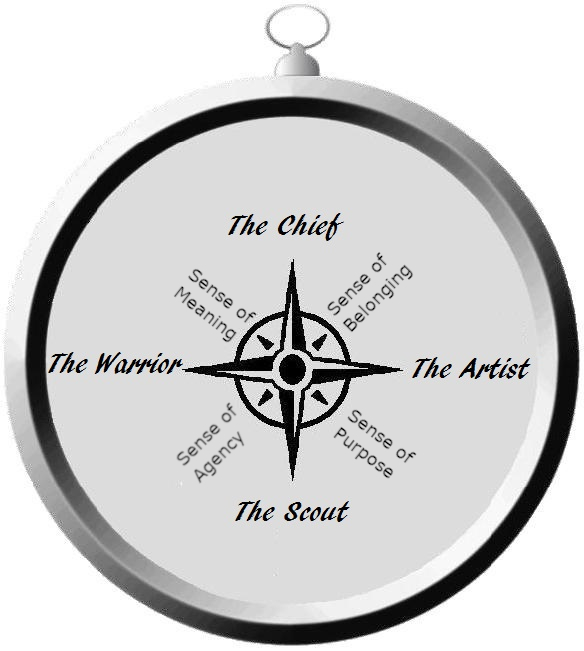
55. Supervision11 - Resilience pt. 1
Episode 55 of the Becoming Centered podcast focuses on the concept of resilience.
Resilience is the ability to stay centered even in the face of various stressors and triggers.
It's related to, but…

54. Supervision10 - Choices, Breaks, Support Center, Physical Intervention
Episode 54 concludes a four-episode arc, within the Unit Supervision Pathway, that presents the 10 techniques that make up the Hierarchy of Interventions. This episode focuses on how to implement th…

53. Supervision9 - Change Environment and Limit Setting
Episode 53 reviews the first four tools and techniques that make up the Hierarchy of Interventions (Distraction, Engaging, Verbal Redirection, Labeling) and presents the next two steps in the Hierarc…

52. Supervision8 - The Aspect Compass and Labeling
This episode is the second in a three-episode arc that presents the Hierarchy of Interventions. This grouping of 10 interventions forms a core curriculum of counseling skills used by residential sta…

51. Supervision7 - The Hierarchy of Interventions
This episode on the Unit Supervisor Learning Pathway moves away from a focus on managerial skills and switches to a focus on counseling skills to be taught to direct-care Child Care Counselors. It p…
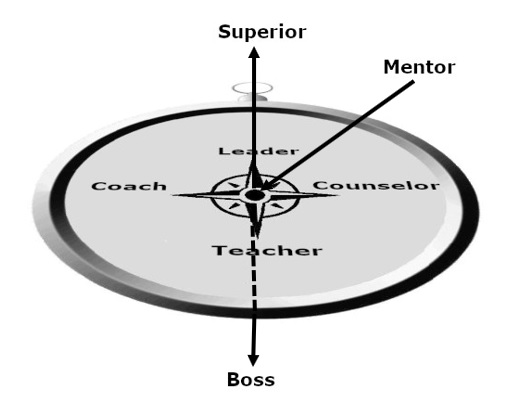
50. Supervision6 - Leader, Superior, Boss, Mentor
This episode is the sixth on the Unit Supervisor Learning Pathway. It’s also the third of a three-episode arc that focuses on how to structure an individual supervision meeting. It also goes beyond…
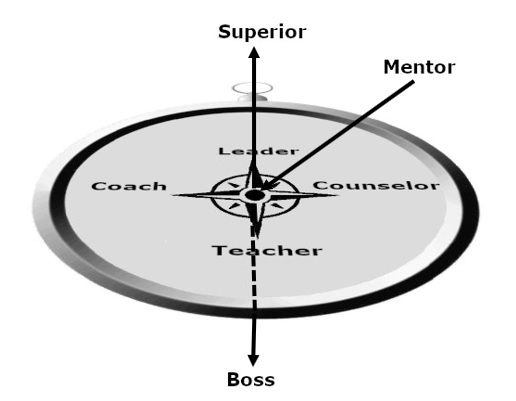
49. Supervision5 - Supervisor as Teacher and Coach
This episode continues to present a model for how to structure a supervision meeting. Last episode focused on how a Unit Supervisor sometimes functions primarily as a Counselor. In that sub-role, …
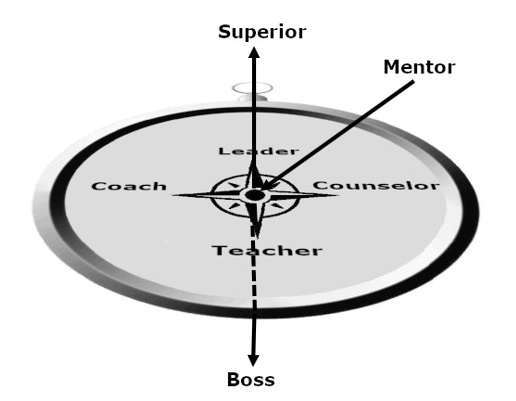
48. Supervision4 - Structuring the Supervision Meeting
Today’s episode, which is the fourth on the Unit Supervisory Learning Pathway, focuses on a model for how to structure the typical supervision session. In the context of working on a residential tre…

47. Supervision3 - Delegating and Organizing
This episode, the third in the Unit Supervisor Pathway, focuses on the essential managerial skills of effectively delegating tasks and projects and keeping organized. I'm hoping that you've already …

46. Supervision2 - Giving Feedback
Episode 46 of the Becoming Centered Podcast focuses on the essential managerial and coaching skill of giving feedback to others. Individual supervision and individual coaching is, by far, the most e…

45. Supervision1 - Unit Coordinator Roles
In residential treatment programs by far the most effective way to train direct-care staff in how to effectively care for the kids and to provide counseling is through on-the-job coaching and individ…

44. Processing3 - Chaining
Episode 44 of the Becoming Centered podcast presents the third installment of the Processing Pathway, covering the technique known as "chaining." Chaining is a great way to add a visual element to c…

43. Processing2 - Basic Cognitive Processing
Episode 43 of The Becoming Centered Podcast is the second episode in the Processing Pathway series. This episode introduces a 4-question outline for formal cognitive processing. Basically, the four…

42. Processing1 - Introduction to Processing
Episode 42 of the Becoming Centered Podcast is the first episode on the Processing Pathway. Processing involves a structured approach to helping children and youth to mentally process their incident…

41. Season 2 - Overview
Episode 41 of the Becoming Centered Podcast kicks off season 2 of this effort to spread knowledge about professional residential treatment of children and youth. This season is organized into two di…

40. Residential Counselor 101 Pt. 7 - Resilience to Traumatic Stress
Psychological Debriefing is a technique for reducing the impact of traumatic stress after a neurologically intense experience. On a neuropsychological level that experience could be anything that tr…

39. Residential Counselor 101 Pt. 6 - Empathy vs. Processing & Coping Activities
Coping Activities
Diversions – any hobby or activity that engages your attention.
- Writing, drawing, painting, crafts
- Listening to music, playing an instrument, singing, danc…

38. Residential Counselor 101 Pt. 5 - Scout Skills & Processing
The Aspect Compass, part of the Meta-Compass Model, divides areas of the brain and aspects of the psyche into four parts called: The Artist, The Scout, The Warrior, and The Chief.
The Artist represe…